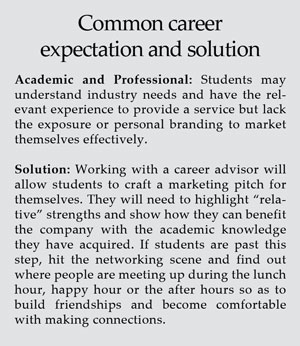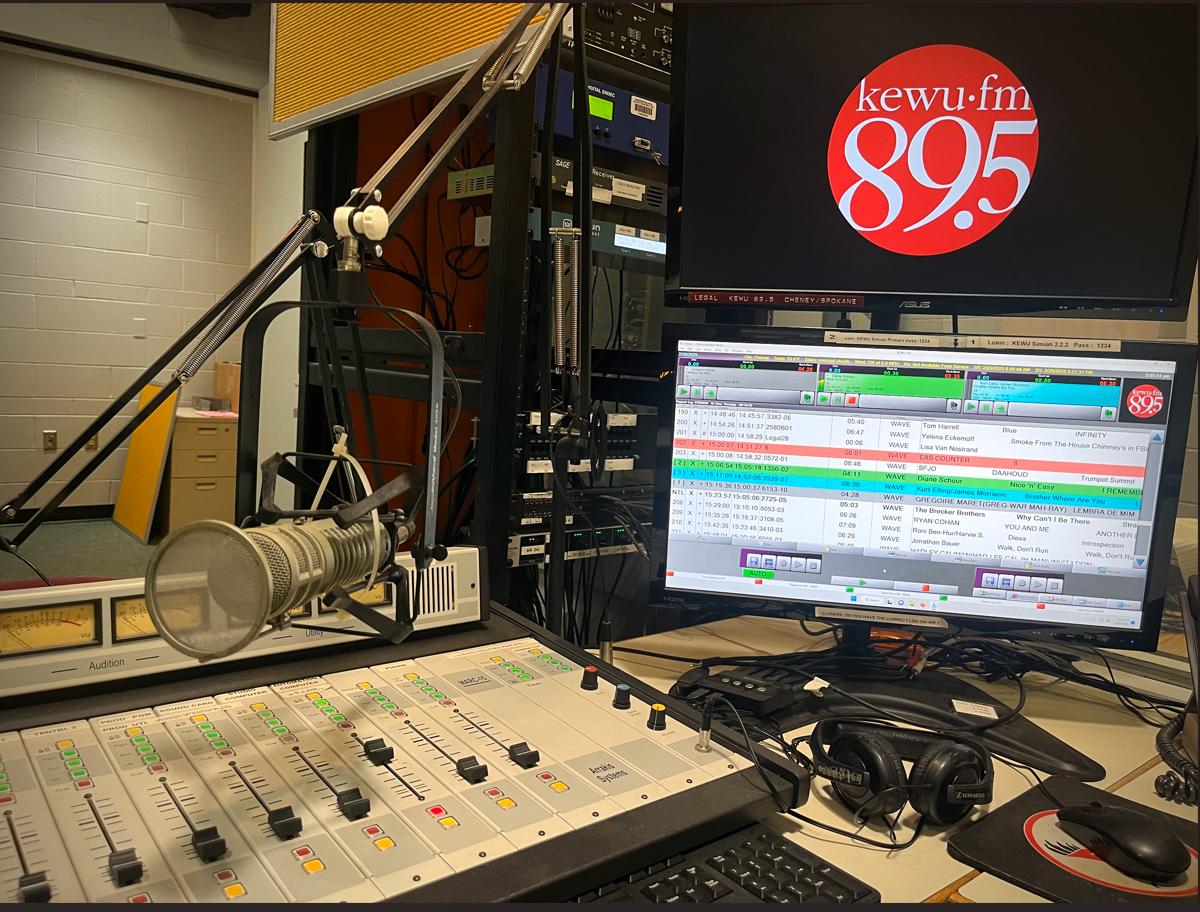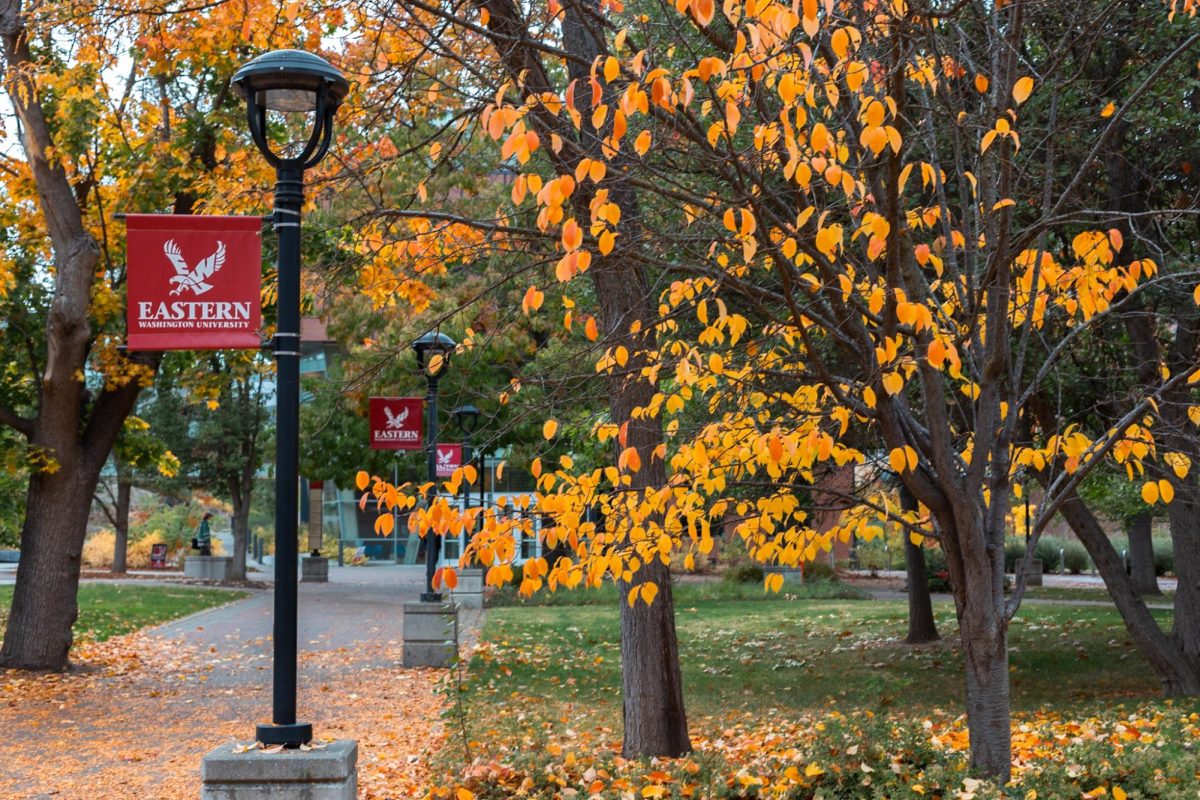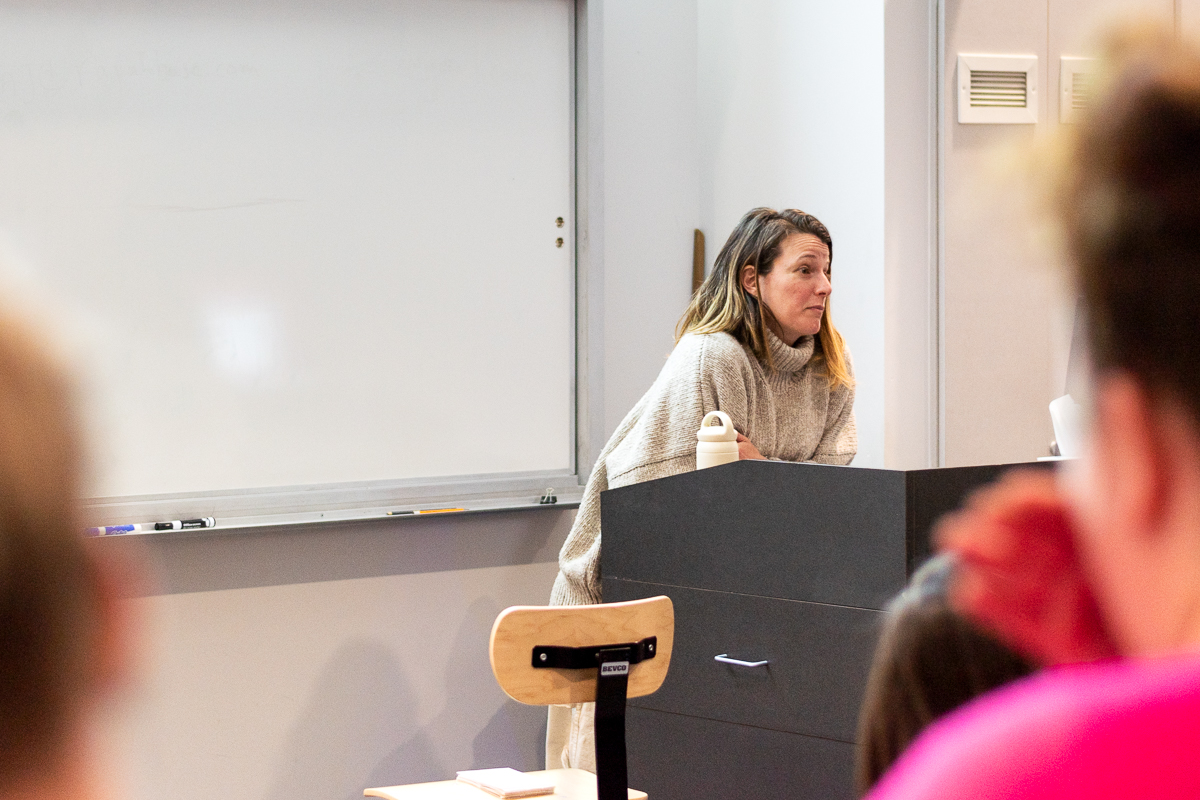contributing writer
rjwatson@ewu.edu
10. Take a career assessment test
Once a student has taken a career assessment test, they can begin to think about a job they want within that industry. However, there are various positions within the framework of a particular profession. Knowing the workflow of each position is a good way to pinpoint the kind of work students want to do. Students will want to know the kind of environments that fit with their personal comfort.
EWU’s Career Services offers Meyer-Briggs career assessments, which further assists students in thinking about their career interests, as well as relative work environments that suit their personality.
9. Practice the craft of being a hybrid student
Hybrid students are those who are able to effectively integrate their classroom experience with everyday life, bringing together the academic, the professional and the marketability of that experience.
These three components must function together in order to shape the kind of professional experience students will have. Students and graduates will need to cross-reference their learning and cultivate the approaches that “really work” in the profession they plan to enter.
8. Get career counseling on how to interview, network and pitch
as a professional
The very first thing to know is what skills students have and can offer. Employers will ask that question in one form or another, so just be ready.
Have a variety of ways to answer that question or segue into it. Think of it as a labyrinth, in that there are a variety of ways to go in a discussion, but the key is to know a student’s ability before getting trapped in a corner.
This just takes a bit of self-reflection. Regarding the chosen industry, students should ask these questions while moving forward:
- What specific field, or demographic, do you want to work in?
- Decide what kind of skill set you want to provide to this industry, so you can get the academic and field training you need to do it professionally.
- What practice models or professionals can you seek out that can help you do your job more efficiently.
7. Use Google and Social Media to link with professionals outside of a student’s local area
Despite its faults, Google can be a great resource for finding professionals around the globe.
Some professionals are so involved in their work that they may have created their own websites, blogs or even uploaded their presentations on Youtube.
Seeking out these resources can be invaluable because it is a direct channel of information from an industry professional that would otherwise be blocked off.
If students would like to pursue their work further, comb these sites for their contact information, and reach out to that professional with question.
6. Attend Community events
Even if an internship or job is not on the list of priorities, engaging in a meaningful community experience is still very beneficial to future career goals.
The more events students attend, the more familiar they will become with the industries that are a part of the community and its key players.
This makes it easier to formulate a career path, because students will become familiar with the companies in the area and what they do. This is also a great environment for research.
Sometimes the best way to learn professionalism is to watch others do it, and pick out things you liked about their approach. Through trial and error, students will find own way of presenting themselves, but learn from professional surroundings if students are not sure about how to begin.
Go to www.eventbrite.com to see a list of upcoming events in the local area.
5. Get into the mingling scene
Difficulty in the job search is not so much because of job scarcity (although that is part of it), but because students may not have a plan for working through the “degrees of separation.”
Sometimes, people simply do not think about a person in terms of having a connection web, but people all have someone they are connected to. It is not enough to rely on who you know, but rather how to best project what you know, so students can maintain those bridges professionals have between the students and the opportunities they have.
4. Get involved with family connections
Sometimes the biggest resources are the ones closest to students. Parents can be just as busy, which means there are potential contacts they have as well. Be sure to ask them if there is a way students can get connected with professionals they know.
Students will be surprised how wide the web will expand.
3. Read an inspiring book
Remember that interview question, “What have you done in the past year to increase your learning?” Well, now students have an answer for employers. Additionally, this will provide lots of career content that students can use when they network.
2. Work temporarily at a staffing agency
Find a staffing agency. This will get alternative ways to finding work that will lead to full-time positions. Here are just a few agencies that are available:
- Kelly Services
- Maxim Staffing Solutions
- Provisional Recruiting and Staffing
- Spherion
1. Internship
Students can intern anywhere, so long as the company works with EWU to provide course credit. If students have family in other parts of the country, use that resource as a way of accessing internships in that area.
Although I cannot recommend this, extending a student’s graduation date to do an internship is a great way of getting access to the companies students want to work for.
I am the Internship Coordinator for Career Services. Make an appointment with me, and we can talk more.

















